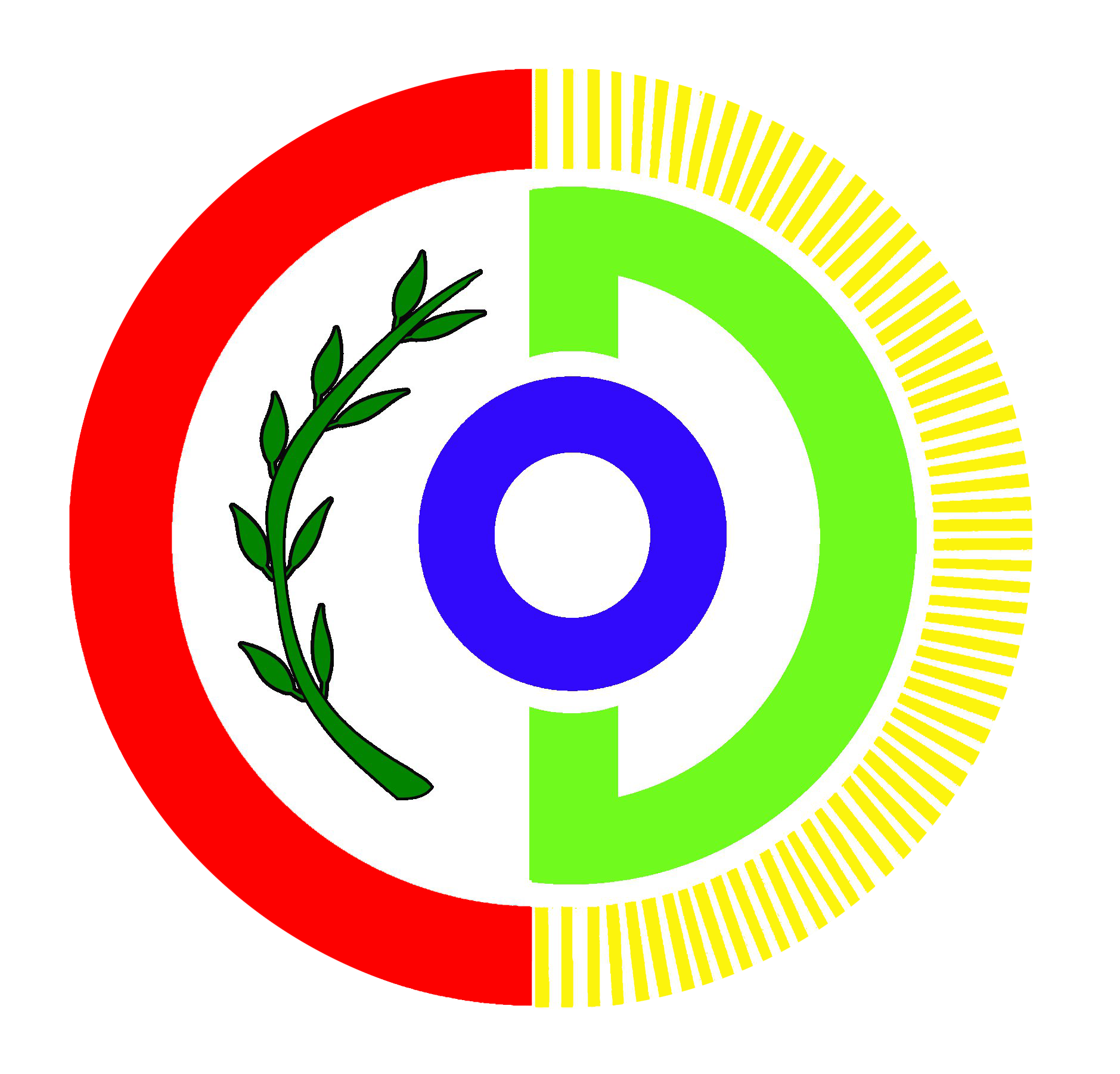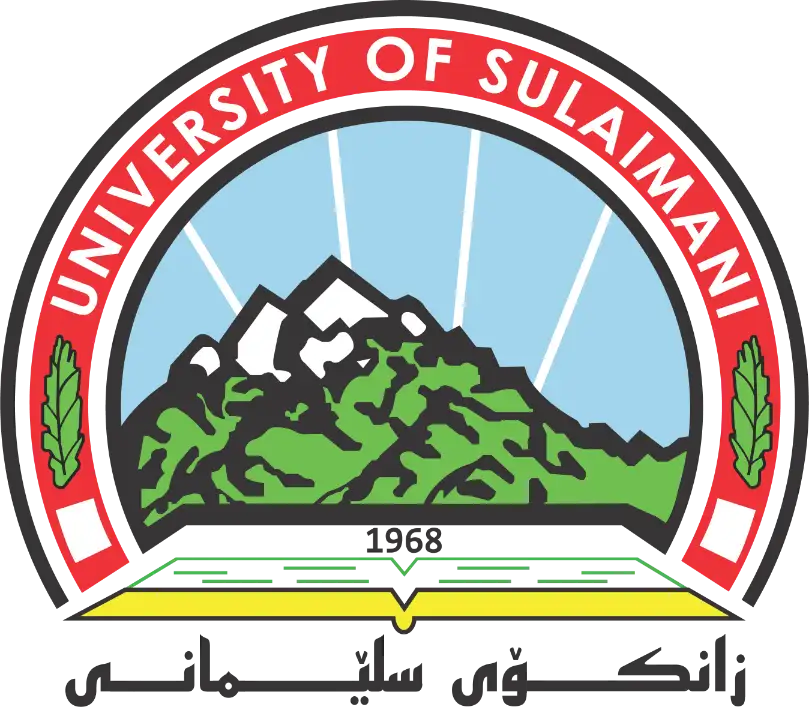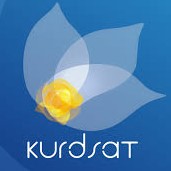Iraq is among the most vulnerable countries to climate change, ranked
5th globally by the UN Environment Programme. Challenges such as
rising temperatures, reduced water flows from neighbouring countries,
and inefficient agricultural practices are compounded by gas flaring
from oil wells and unregulated industrial activities. These factors
have led to a significant decline in cultivable land, with the Iraqi
Ministry of Agriculture reporting an annual loss of 100,000 square
kilometres due to desertification and soil erosion.
Air pollution is another critical concern. According to IQAir’s 2022
World Air Quality Report , Iraq ranked as the second
most polluted country globally.
To address these issues, MEED Foundation launched the
Air Quality Network (AQN) in early 2024, deploying 28
advanced air quality sensors across 17,000 square kilometres in
Sulaymaniyah, Halabja, and Kirkuk. These sensors provide real-time
data on air pollution, temperature, pressure, and humidity, updated
every 15 seconds. The data is publicly accessible via the
IQAir Dashboard and AirVisual app,
allowing users to monitor air quality in real time.
Key partners in this initiative include iQ Group, a
leading internet services provider ensuring the sensors remain
connected through its fibre optic network, and the
Civil Development Organisation (CDO), a non-profit
focused on societal development.
Data analysis is conducted in partnership with the
University of Sulaimani’s College of Environmental Sciences, helping identify pollution sources and inform public sector
policymaking.
MEED Foundation plans to expand the network across the Kurdistan
Region, providing greater insight into Iraq’s air quality challenges
and supporting the development of effective solutions.

Strategic Partner

Civic Partner

Research Partner

Media Partner
MEED Foundation © Copyright 2024